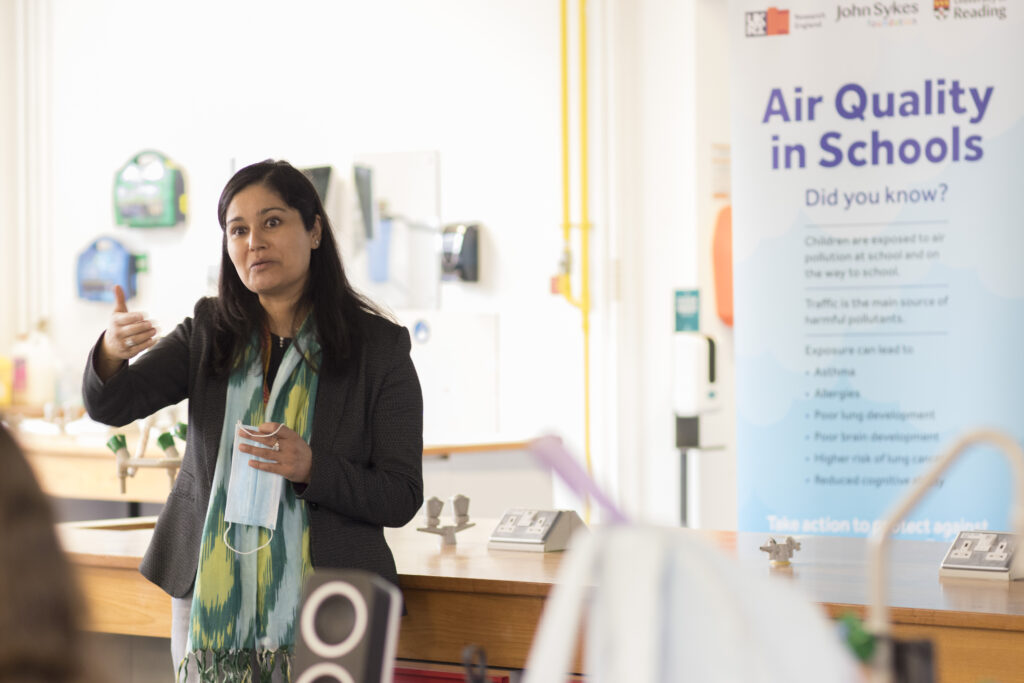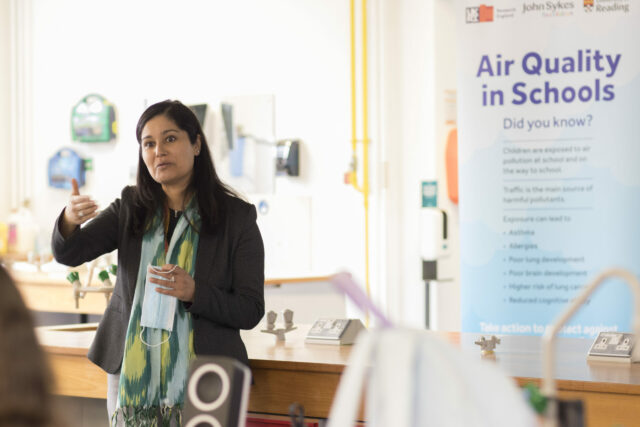The theme for World Teachers’ Day 2022 is “the transformation of education begins with teachers”. Teachers make a profound difference to young lives. They are the gatekeepers of future knowledge, skills and economic development. Much has and continues to be achieved through the global initiatives, led by UNESCO, to keep “Education for All” on the agenda. To continue this work, the world must address the acute teacher recruitment and retention crisis it is currently facing.

According to UNESCO, there remains a severe shortage of teachers across the most marginalised areas of the world. For example, the Teacher Task Force estimates that an additional 15 million teachers are needed in Sub-Saharan Africa. England is facing its own crisis in recruitment. According to the National Foundation for Educational Research’s Teacher Labour Market Review, recruitment targets for a large number of secondary subjects were not met for the academic year 2022–2023. The main factors contributing to this are teachers’ pay and workloads. The pandemic has intensified already high workloads, adding to the burden felt by teachers.
Teachers are at the forefront of a changing world and do the job because they want to make a difference to young people’s lives and have an impact on society. The world is facing many critical issues: the shocking floods in Pakistan, coupled with the record-breaking temperatures faced by Europe over the summer have brought the climate emergency home to many. However, statistics from Teach the Future show that teachers feel they are not well equipped to teach climate change to pupils. In a previous blog I discussed the importance of developing expertise in climate and sustainability education with trainee teachers.
This is just one example of how training and professional learning opportunities for teachers must reflect the pressing issues of our time. Only through this level of government and policy maker intervention will our education system be transformed. The recent government sustainability and climate change strategy sets out a vision for making England a world leader in developing climate and sustainability skills across the education system. However, the strategy does not go far enough to assert the importance of building capacity and expertise in the teaching workforce in this area and has consequently faced some pushback.
When it comes to teacher recruitment, the emphasis should be on quality. Quality develops when teaching is valued as a profession and a clear structure is provided for career-long professional development. In England, the Early Career Framework sets out a teacher’s journey for two years post-training. More must be done to support young, aspiring teachers to look beyond the first couple of years of their career and understand how their expertise development can help them to shape the lives of young people and have a wider impact on society.
What can be done to make the teaching profession more attractive to future generations? Prizes such as the Global Teacher Prize might help. This annual award comes with a prestigious $1 million prize and teachers are nominated from across the globe for making an outstanding contribution to the profession. But, above all, valuing teachers means investment in their pay and in their continued professional learning opportunities. This not only provides a clear structure for trainee teachers entering the profession, it adds value to a profession that continues to be perceived as a career chosen when other options were not attractive or available. The transformation of education does begin with teachers and we must continue to demand better opportunities for them.
Dr Nasreen Majid is an Associate Professor in the Institute of Education at the University of Reading.

